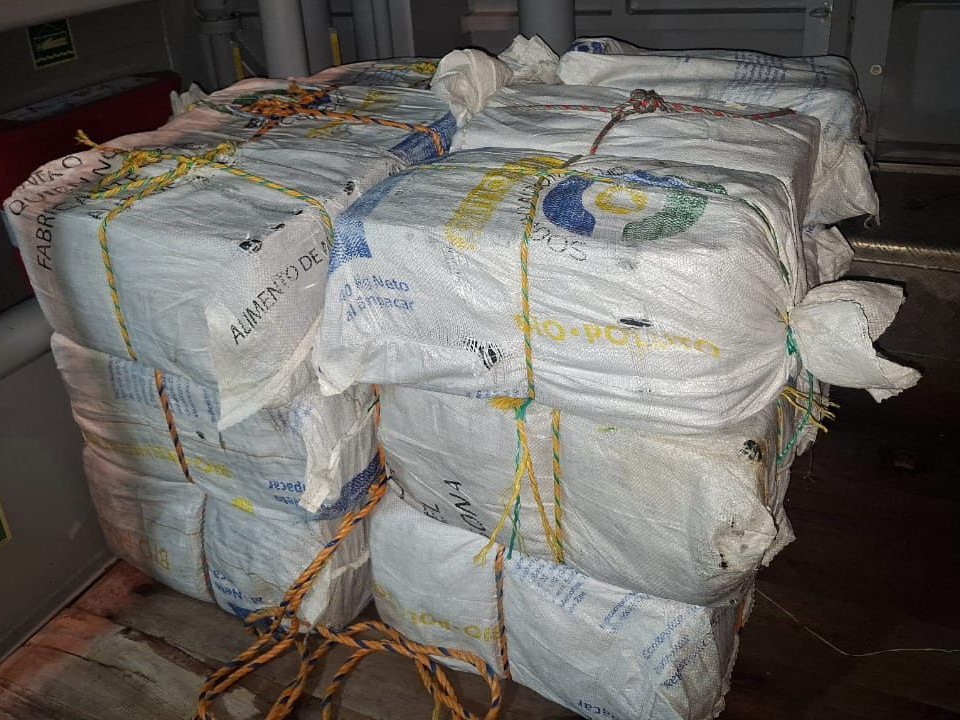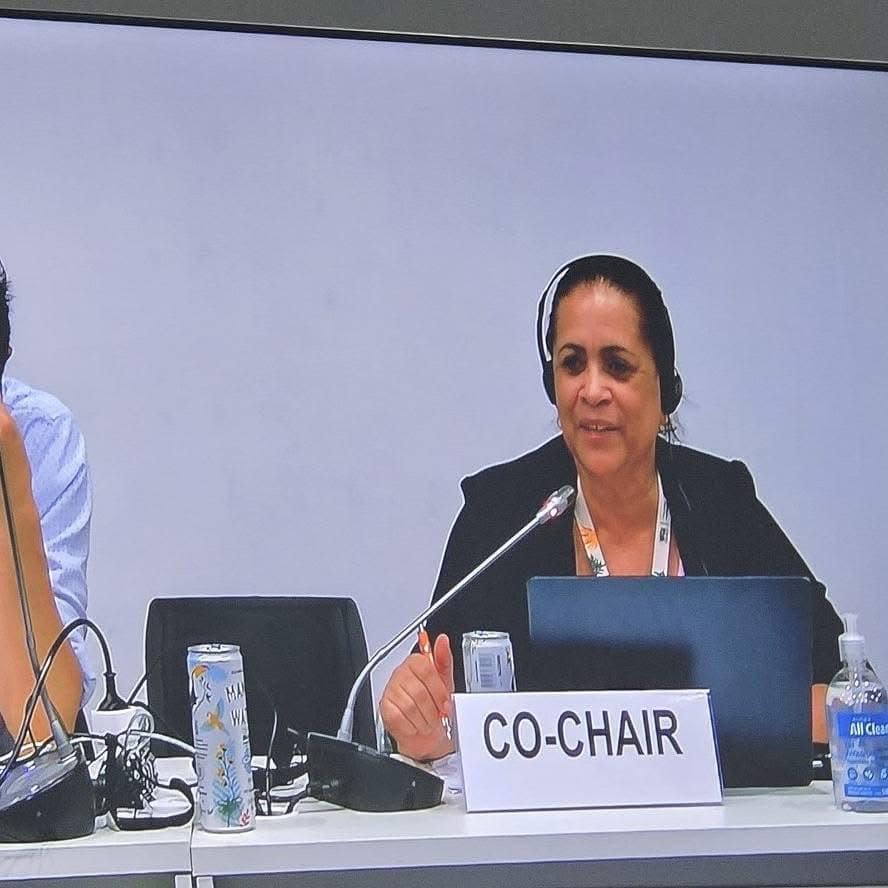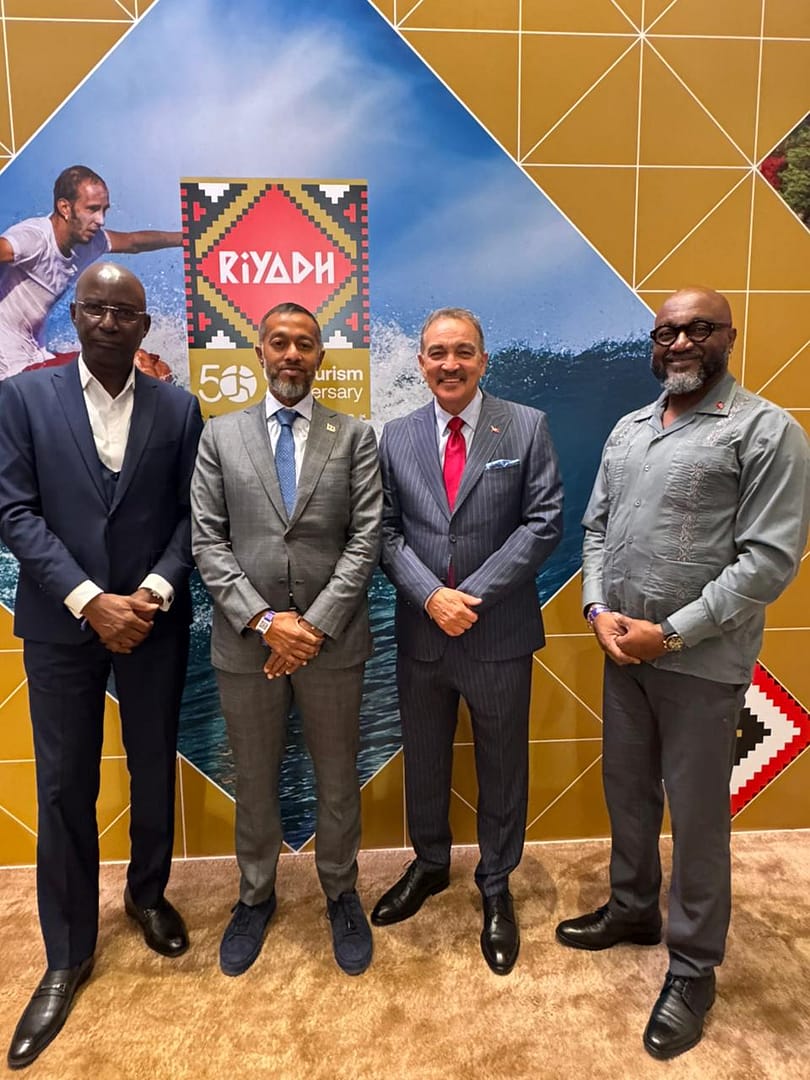KINGSTON, Jamaica — In a landmark operation, the Jamaica Defence Force (JDF) Coast Guard has dealt a severe blow to the region’s drug-trafficking networks. On Wednesday, during a joint counter-narcotics mission off Jamaica’s southern coast, authorities intercepted and confiscated over 990 pounds of cocaine, with an estimated street value of $3.7 billion.
分类: world
-
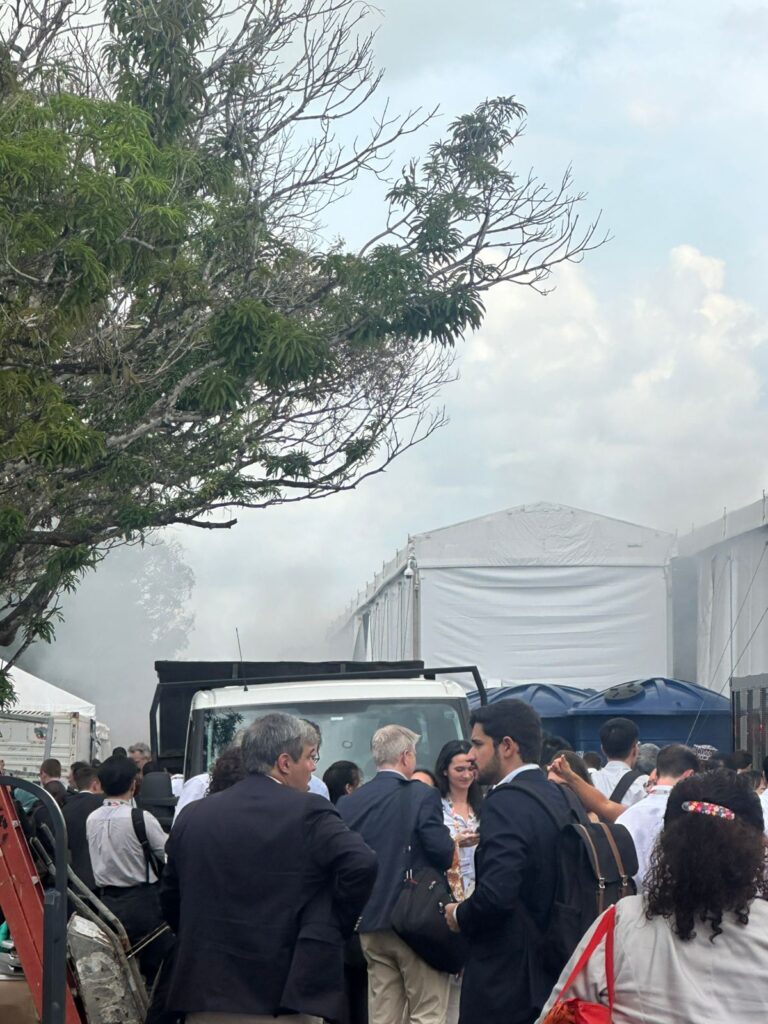
Fire triggers evacuation at COP30 venue in Brazil; Jamaican delegation safe
A sudden fire broke out at the primary venue of the United Nations’ COP30 climate conference in Belém, Brazil, causing chaos and forcing delegates and observers to evacuate the premises. The blaze erupted in a pavilion within the complex, sending thick plumes of smoke through the corridors and triggering a frantic rush for the exits. Emergency response teams swiftly arrived at the scene to contain the fire and ensure the safety of all attendees. Matthew Samuda, Jamaica’s Minister for the Environment and head of the country’s delegation, confirmed to Observer Online that all members of the Jamaican team were unharmed. The incident occurred during critical last-minute negotiations, raising concerns about potential disruptions to the high-stakes discussions aimed at addressing global climate challenges. Authorities are investigating the cause of the fire, while organizers assess the impact on the conference’s schedule and outcomes.
-
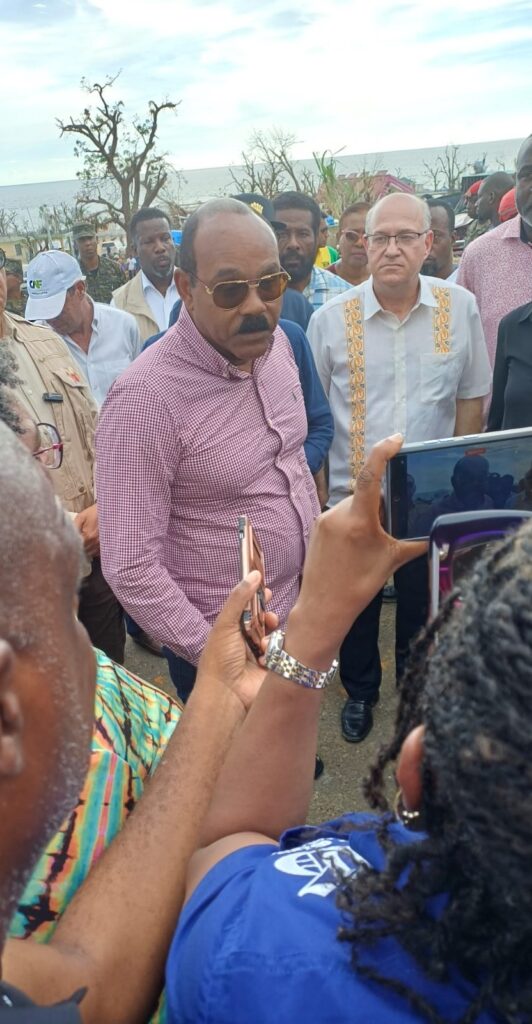
Antigua’s PM says Jamaica can bounce back bigger and better
ST JAMES, Jamaica—Gaston Browne, Prime Minister of Antigua and Barbuda, has expressed unwavering solidarity with Jamaica in the aftermath of Hurricane Melissa, drawing parallels to his nation’s recovery from Hurricane Irma in 2017. During a visit to affected areas in Westmoreland on November 17, Browne emphasized the Caribbean’s collective resilience and the potential for stronger rebuilding efforts.
Reflecting on Antigua and Barbuda’s experience, Browne highlighted how Barbuda, despite being devastated by Hurricane Irma, emerged stronger through unified efforts. ‘We rebuilt bigger and better, and Jamaica can do the same,’ he stated. He underscored the importance of regional cooperation, noting that Antigua and Barbuda has already deployed linesmen and soldiers to assist Jamaica’s recovery. Additionally, the country has pledged financial support for relief and reconstruction programs.
Browne called on international financial institutions to provide concessional financing for resilient rebuilding, warning that the cost of inaction would be measured in lives and livelihoods. He urged Jamaicans to remain steadfast, emphasizing the Caribbean’s shared history of overcoming adversity. ‘We, as Caribbean people, have always faced trials together, and this too shall pass,’ he said.
The Prime Minister reiterated his nation’s commitment to supporting Jamaica and advocating for resilient infrastructure across the Caribbean. ‘We are a small country, but our solidarity is mighty. We will do whatever we can to assist Jamaica and its people,’ he affirmed. Browne’s message underscores the importance of unity and innovation in the face of natural disasters, offering a blueprint for recovery and growth.
-
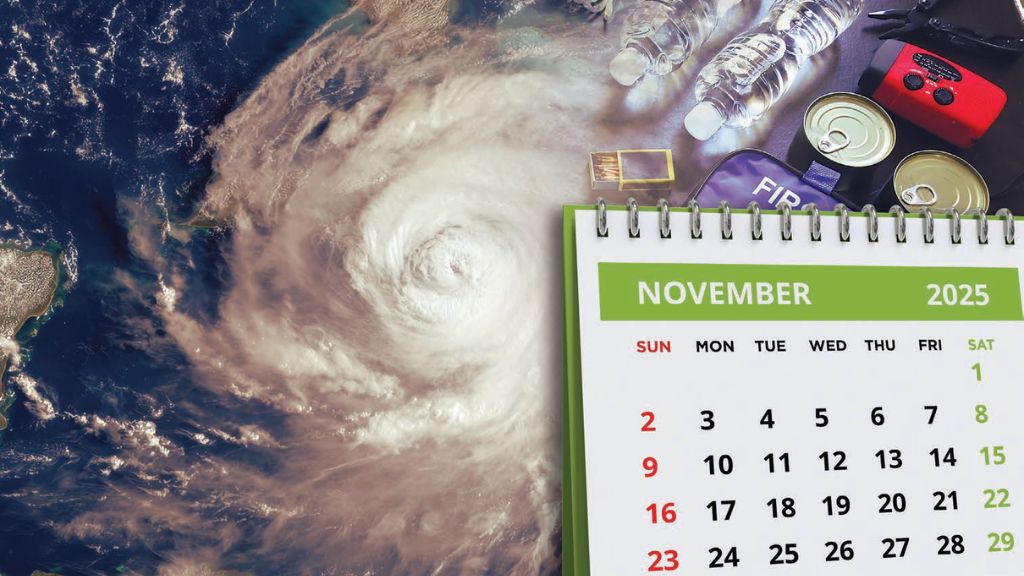
‘Stay prepared’
As the 2025 Atlantic hurricane season approaches its official conclusion, the Meteorological Service of Jamaica (Met Service) has issued a reminder that the island remains at risk of severe weather events. Although the likelihood of a Category 5 storm like Hurricane Melissa diminishes, the potential for rapid intensification of weaker storms persists. Rohan Brown, manager of weather services at the Met Service, emphasized that even less intense systems could bring heavy rainfall, flash floods, or landslides, causing significant damage. Historically, the peak hurricane activity occurs between August and October, but late-season storms, such as Tropical Storm Odette in December 2003, have occurred. Brown highlighted that warm sea surface temperatures, low wind shear, and an ENSO-neutral climate—conditions that favor storm development—are still present. The El Niño Southern Oscillation (ENSO) typically suppresses hurricane activity during strong El Niño phases, but its neutral state this year increases the risk of storms. Brown urged Jamaicans to remain alert, monitor weather advisories, and maintain preparedness until the season officially ends on November 30. He also called for community efforts to clear gullies and strengthen resilience, particularly in the wake of Hurricane Melissa, which caused widespread devastation in October 2025. The Category 5 storm, with winds reaching 295 kilometers per hour, resulted in 45 deaths and left many without essential services. Brown’s warnings also recalled the rare formation of Hurricane Alex in January 2016, underscoring the unpredictability of hurricane activity.
-
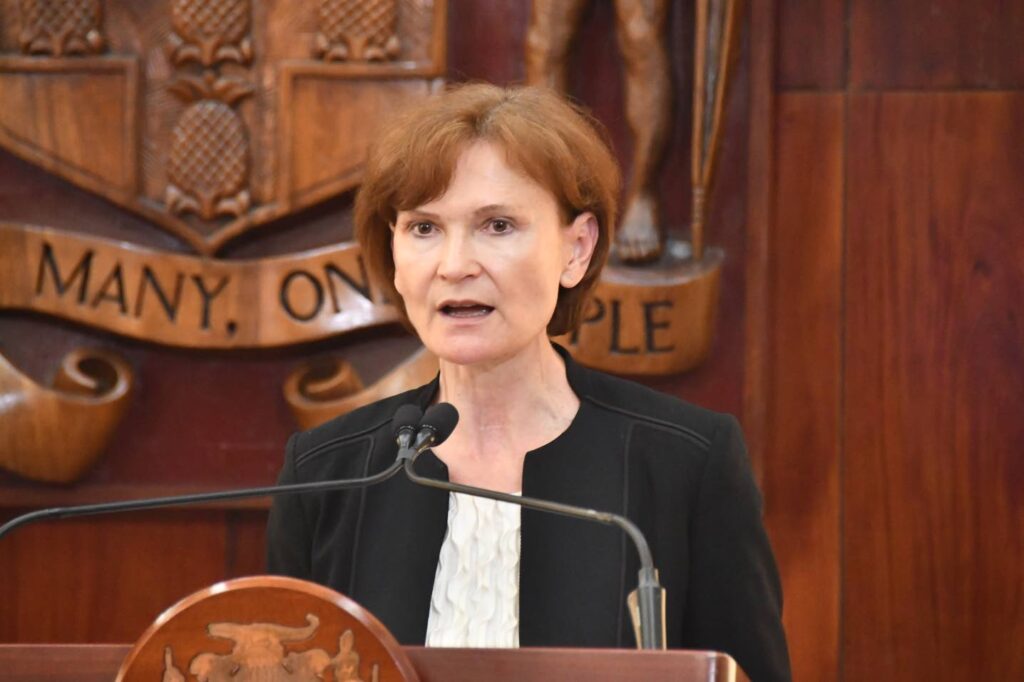
St Elizabeth hardest hit
Hurricane Melissa has left a trail of destruction across Jamaica, with the parish of St Elizabeth emerging as the hardest-hit region. According to a World Bank assessment, the total physical damage from the hurricane is estimated at a staggering US$8.85 billion, equivalent to 41% of Jamaica’s 2024 GDP. St Elizabeth, along with Westmoreland and St James, accounted for 63% of the total damage, amounting to US$5.5 billion. St Elizabeth alone suffered US$2.29 billion in damages, including US$997.2 million in residential damage, US$389.5 million in non-residential damage, US$763.6 million in infrastructure damage, and US$135.7 million in agricultural losses. St James followed with US$1.82 billion in damages, while Westmoreland recorded US$1.41 billion. The hurricane’s impact extended beyond physical damage, with economic losses from disrupted tourism and sales expected to surpass the physical toll. Lilia Burunciuc, World Bank’s Caribbean Country Director, emphasized the need for a coordinated, long-term recovery strategy involving local institutions, the private sector, and communities. The World Bank and the Inter-American Development Bank are supporting Jamaica through financing and technical assistance, including the GRADE methodology, which provides rapid post-disaster damage assessments. Burunciuc highlighted the opportunity to rebuild a more resilient Jamaica, stressing that every dollar spent on reconstruction could yield six dollars in benefits.
-
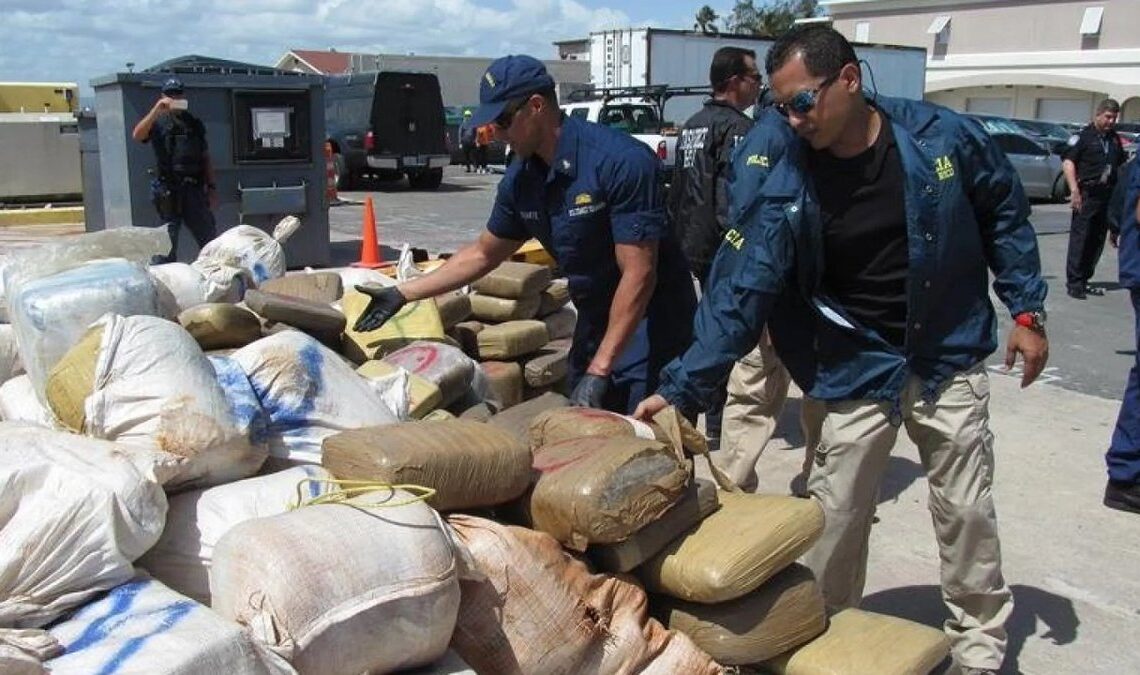
U.S. authorities intercept smuggling attempt on ship from the Dominican Republic
In a significant narcotics interception, US Customs and Border Protection (CBP) personnel in Puerto Rico have confiscated 530 kilograms of cocaine with an estimated street value exceeding $10 million. The seizure occurred aboard the M/V Lyktos, a vessel arriving from the Dominican Republic, highlighting ongoing security challenges in Caribbean maritime routes.
The discovery was made on November 11 when CBP’s Counter Terrorism Smuggling Enforcement Team conducted routine inspections. Agents identified anomalies in several containers during their initial screening, prompting an intensified examination. The narcotics were concealed using sophisticated methods, including modified chassis compartments and canvas bags strategically hidden within legitimate cargo.
Roberto Vaquero, CBP’s Director of Field Operations in San Juan, emphasized that the operation demonstrates the agency’s continued vigilance and specialized capabilities. “This seizure reflects our commitment to preventing drug trafficking through advanced detection methods and intelligence-driven operations,” Vaquero stated.
Authorities employed multiple resources including detection technology, intelligence analysis, and specially trained canine units to locate the concealed substances. The sophistication of the concealment methods indicates evolving tactics by traffickers attempting to bypass security measures.
Following the seizure, Homeland Security Investigations (HSI) has assumed control of the case for further investigation and prosecution. The waters west of Puerto Rico, particularly the Mona Passage separating the island from the Dominican Republic, remain a high-risk zone for drug trafficking activities due to their strategic location and challenging monitoring conditions.
-
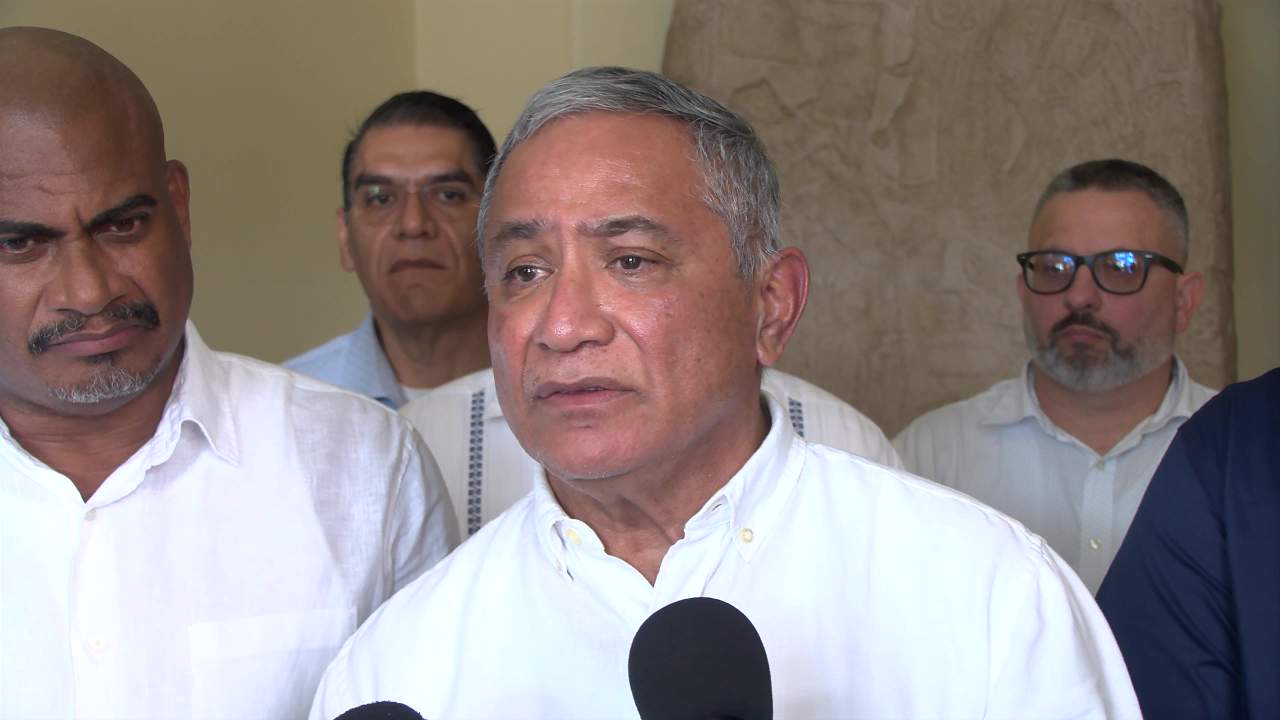
Cartel Influence at Belize’s Northern Border?
Growing concerns over cartel activity near Belize’s northern border have prompted Prime Minister John Briceño to address the issue publicly. Reports suggest that criminal networks are increasingly encroaching on the Corozal Free Zone, raising alarms about national security. Briceño acknowledged the seriousness of the threat, emphasizing his government’s commitment to safeguarding the nation. He highlighted recent efforts to bolster border security, including increased patrols by the police, Belize Defence Force (BDF), and Coast Guard. An additional $8 million has been allocated to equip these forces with necessary resources and compensate them for extended working hours. Briceño, who has consistently expressed concerns about cartel influence since taking office in 2020, reiterated that the safety of Belize’s citizens remains the top priority. Despite the challenges, the administration remains resolute in its efforts to curb cartel infiltration and protect the country’s borders.
-
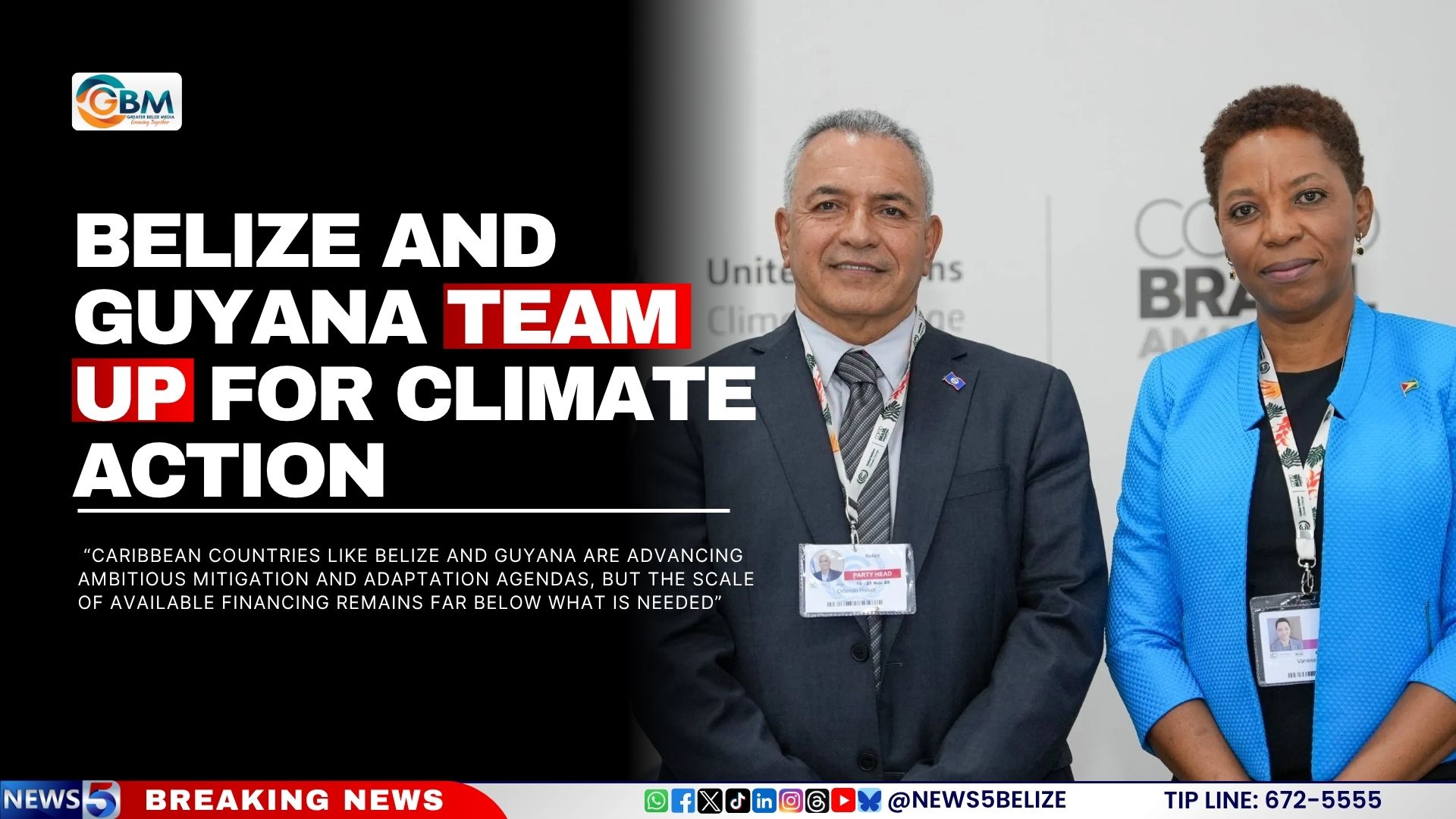
Belize and Guyana Team Up for Climate Action
At the COP30 summit in Brazil, Belize and Guyana demonstrated how small nations can lead significant climate action. During a joint side event titled “Building Climate Resilience in Belize and Guyana,” the two countries unveiled a collaborative initiative to combat climate change by sharing expertise, technology, and strategies. The partnership focuses on addressing rising sea levels, extreme weather events, and forest conservation. Belize’s Minister of Sustainable Development, Orlando Habet, emphasized the challenges faced by nations like Belize, which contribute minimally to climate change but struggle to secure necessary funding. Guyana showcased its internationally acclaimed Low Carbon Development Strategy, which focuses on forest protection and carbon market management. Belize, on the other hand, highlighted its community-driven climate planning, Biennial Transparency Report, and the newly proposed Carbon Markets Initiative Bill. Guyana’s Minister Vanessa Benn called for bold action, noting that Caribbean nations are pushing forward with ambitious mitigation and adaptation plans despite insufficient financial support. “We are not waiting to act,” she asserted, underscoring the urgency of the climate crisis.
